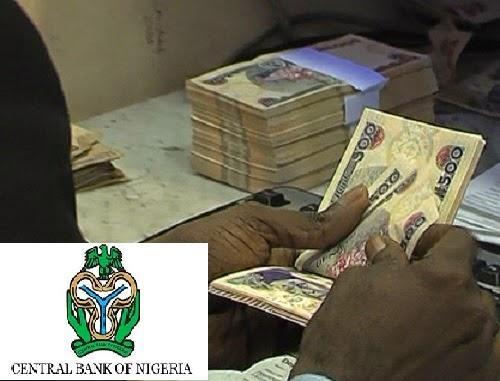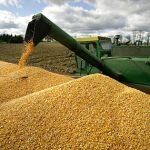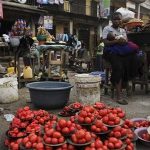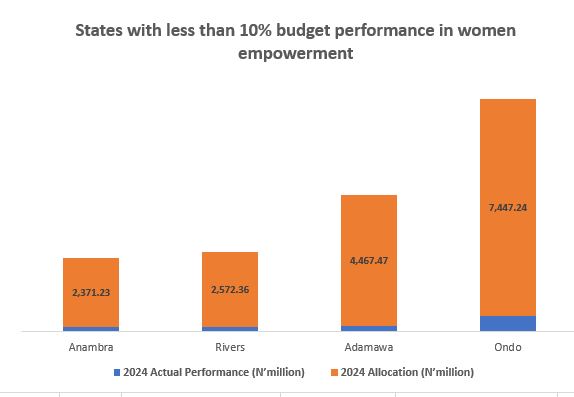After Egypt abandoned its longstanding struggle to hold the value of its currency against the dollar, all eyes will be on the Central Bank of Nigeria (CBN) and President Muhammadu Buhari, to see their next move.
The pair have until now refused to heed the economic counsel for a more flexible naira from a motley crew, ranging from the International Monetary Fund to portfolio investors and manufacturers in AfricaŌĆÖs largest economy.
Meanwhile, the supposed upside from fixed exchange rate policy of lower consumer prices is not happening as inflation hit a three year high of 11.4 percent for February, defeating the CBNŌĆÖs stated goals of single digit inflation.
ŌĆ£The NGN looks expensive relative to other EM currencies, including those of most comparable hydrocarbon economies which have experienced more significant FX adjustment since mid-2014,ŌĆØ Samir Gadio,┬Ā head of Africa Strategy and FICC Research at Standard Chartered Bank said in response to questions.
Stakeholders are generally wary of FX regimes with a wide parallel market premium, as this is typically an indication of future formal currency devaluation (even if this possibility is dismissed presently by the Nigerian authorities).
Gadio says the FX convertibility bottlenecks in Nigeria pose a constraint on further portfolio inflows or Foreign Direct Investment (FDI) flows for the time being.
Foreign direct investment into Nigeria fell 16 percent to $4.6 billion in 2014, according to World Bank data.
Portfolio flows into the stock market have also fallen sharply as investors shun the country on heightened currency and macro risks.
NigeriaŌĆÖs government pegged the naira at 197-199 per dollar since March last year, while in the unofficial parallel market; the naira is 60 percent weaker, at about 320 per dollar.
Deal flow has fallen off also as there have been 12 deals in Nigeria this year, valued at $1.45 billion compared with a year ago, when there were 19 deals worth $5.62 billion, according to data compiled by Bloomberg.
ŌĆ£With oil prices expected to remain low for a long time, continuing risk aversion by international investors, and downside risks in the global economy, the outlook remains challenging,ŌĆØ Gene Leon, IMFŌĆÖs representative in Nigeria, said in the statement last month.
ŌĆ£As part of a credible package of policies, the exchange rate should be allowed to reflect market forces more, and restrictions on access to foreign exchange removed,ŌĆØ Leon added.
Manufacturing in Nigeria is already in recession, with industrial output contracting 2.2 percent last year, compared with expansion of 6.8 percent in 2014.
Vincent Nwanne, of the Lagos Chamber of Commerce says 80,000 manufacturing jobs are at risk as a result of the dollar shortage and Government fixed exchange rate policies.
ŌĆ£A controlled devaluation within a broad band moving towards rates that would be determined by a balance between supply and demand would enable manufacturers and traders to make informed pricing decisions,ŌĆØ says Keith Richards, a non-executive chairman of manufacturing firm, Promasidor Nigeria.
ŌĆ£There would be price increases and some inflation but these would be moderated by the commercial need to maintain sales and share in a competitive market.┬Ā Those that have stockpiled hard currency, such as the airlines, would be able to make transfer decisions or sell these back to improve supply. In time, not immediately, as they gain more confidence, the foreign investors will reconsider their current ŌĆśput on holdŌĆÖ investment plans.┬Ā Nigerians in the Diaspora will resume their transfers.┬Ā There will be pain throughout the value chain until the longer term structural deficiencies of the economy are tackled,ŌĆØ Richards concluded.
LOLADE AKINMURELE











